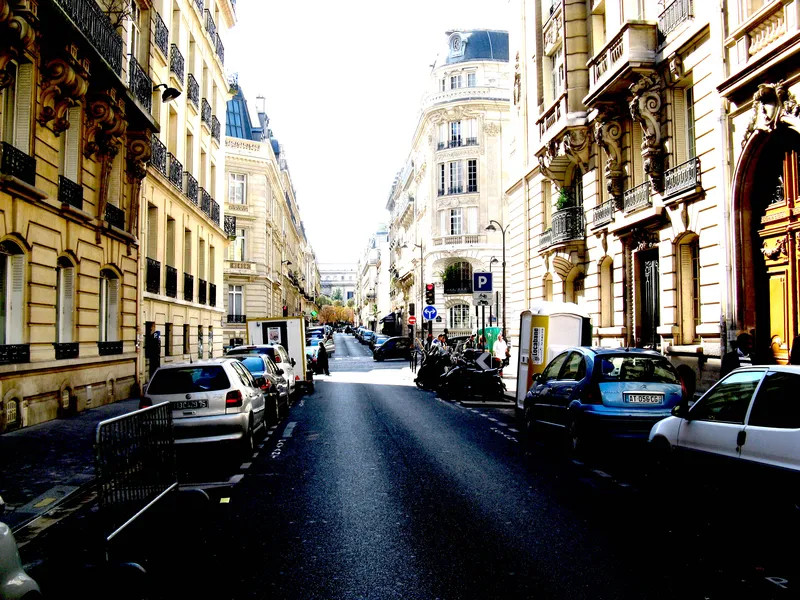
Colombia's capital Bogotá has added 117 km to the city's cycle path network in a bid to disperse crowds away from public transport during the outbreak.
A report by EL Espectador says the temporary bike route runs along the Avenida Boyacá, which runs north to south in the city’s western area.
Police and staff working for the Guidance Group of the Mobility Secretariat are on hand to guide cyclists and regulate traffic.
Cyclists are required to travel on the right-hand side as well as to comply with traffic lights and recommendations from the authorities.
The appeal of cycling is not restricted to Colombia. In the US, New York City's Department of Transportation announced on Twitter there has been a 50% increase in cycling on all East River bridges compared to this time last year.
Riders in Australia are also dusting off their bikes and opting for two-wheel travel during these uncertain times.
Stuart Armstrong, manager of Velo Cycles in Carlton North, told The Sydney Morning Herald: “At least half a dozen people asked me [this week] if we had a pump to inflate their tyres and commented that they hadn’t ridden the bike for a number of years.”
Despite this, Victoria's Bicycle Network spokesman Alexander Miller remains sceptical, insisting that it is difficult to establish how many cyclists are new - since more people are working from home.
Bicycle Network is advising riders to avoid travelling in groups, to not stop on journeys if possible, to maintain a 1.5m distance from other people and to wash their hands and wipe down bikes after each trip.
In the UK, British Cycling chief executive Julie Harrington is urging the government to add cycling to its recommended activities during the pandemic.
Harrington wrote to the UK health secretary Matt Hancock saying: “While I am glad to see the government recommend walking as a way to stay active and alleviate some of the issues related to prolonged isolation, I believe it is in all our interests to extend this advice to also include cycling.”
“It is a safe form of local transport and gentle recreation, keeping us the required distance from others, while at the same time strengthening our immune systems and bolstering our mental health,” she continues. “All of this helps reduce the strain on our NHS and may make people feel more comfortable about spending prolonged periods at home.”
NHS staff can use London’s bike-share scheme for free, for journeys under 30 minutes, using a special code which is valid until 30 April. Santander Cycles docking stations near hospitals are being prioritised to ensure there is a regular supply of bikes for medical staff.
Collapsible bicycle manfaucturer Brompton Bikes has offered 200 bikes to NHS key workers in the capital through an existing hire scheme, free of charge for 30 days. The idea is that they then won’t have to use London’s Underground network, where carriages have been crowded – despite the advice on social distancing.








